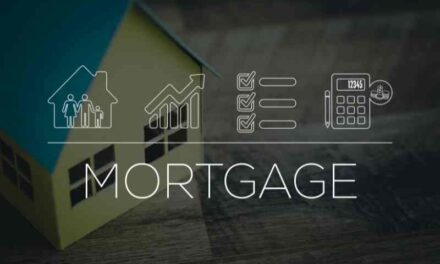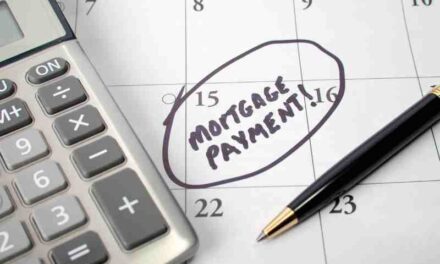Whenever the term of your interest-only mortgage finally ends, your lender will need you to return the whole amount owed to them. This is why you’ll need to have a sound repayment strategy in place before you borrow money.
If you can’t afford to repay the whole amount of your original mortgage when it comes to an end, you may either ask your existing lender to extend the duration of your mortgage or remortgage it to a new lender.
There are various methods available to you for repaying your interest-only mortgage, including the following:
Making use of your money and assets
It is possible to pay off your mortgage early if you have amassed sufficient funds from your investments and savings over time. However, depending on investments comes with risk since there is always the possibility that they may not perform as well as you anticipate them to.
Changing from an interest-only to a repayment mortgage
If your lender allows you to transfer to a repayment mortgage, be aware that your monthly payments may rise as a result of the change. You might attempt to lower your payments by extending the length of your mortgage term or by opting for a mortgage that is partially repayment and partially interest-only.
However, in certain situations, it may be feasible to convert the mortgage into a payback loan, albeit the monthly payments would be much higher. It is possible that your existing lender may permit this in order for you to pay off the outstanding debt plus interest over the newly-agreed period.
But you should seek advice from a whole-of-market broker before agreeing to a contract since there may be a better bargain available elsewhere.
Making use of a tax-free lump payment from your retirement account
Some lenders may accept a personal pension plan as a repayment method or vehicle, depending on the circumstances. A lump-sum payout upon retirement may be used to pay off any remaining mortgage debt; but, like with other investments, you may get less money than you anticipated when you first started saving.
Remortgaging
A smart idea is to research mortgage providers and possibilities before your mortgage term comes to an end. You might look for a new lender or ask your current lender to offer you a new arrangement with a cheaper interest rate. However, you will still need to fulfill the requirements, and because of your age, you may have fewer mortgage possibilities.
Selling your home is a big decision.
If the value of your property remains the same as when you purchased it, you may be able to sell it and use the proceeds to pay off your debt. If the value of your house has grown, you may be able to utilize the equity to purchase another property.
Mortgages with just interest accruing during retirement
This sort of mortgage, which is intended to assist senior borrowers, operates in a manner that is very similar to that of a standard interest-only mortgage but does not have a set expiration date.
As an alternative, the lender gets a complete payment of the loan when the property is sold, when the homeowner enters long-term care, or when the person passes away.
If you want to get one of these mortgages, you’ll have to show that you can afford the monthly interest payments – for example, by demonstrating that you have enough money from your pension to cover them.
Some retirement interest-only mortgages will also allow you to pay back a portion of the principal, lowering the amount of money you owe and allowing you to give more money to your loved ones in retirement.
It is possible to release equity in your home
It is possible to use the equity in your home to pay off your mortgage if your home is worth more than you bought for it and you are in the fortunate situation of having positive equity in your home.
You may determine whether or not you have equity in a property by subtracting the total amount you owe on all debts secured against it from the assessed value of the property.
Using the expertise of the professional advisers with whom we collaborate, you may decide if releasing equity is a realistic alternative for repaying your interest-only mortgage.

Meet Krishnaprasath Krishnamoorthy, a finance content writer with a wealth of knowledge and experience in the insurance, mortgage, taxation, law, and real estate industries.





